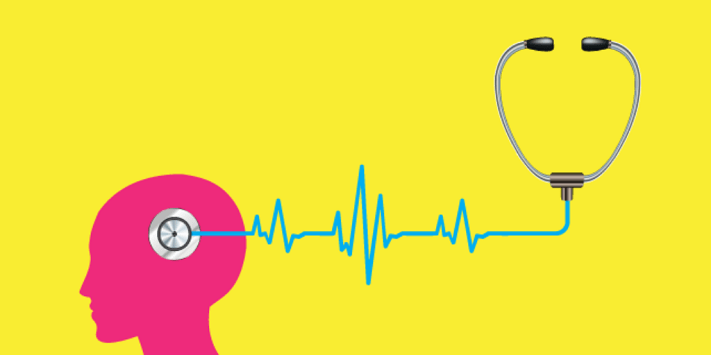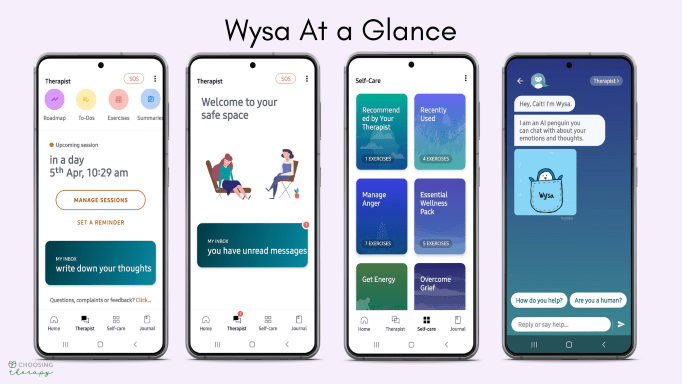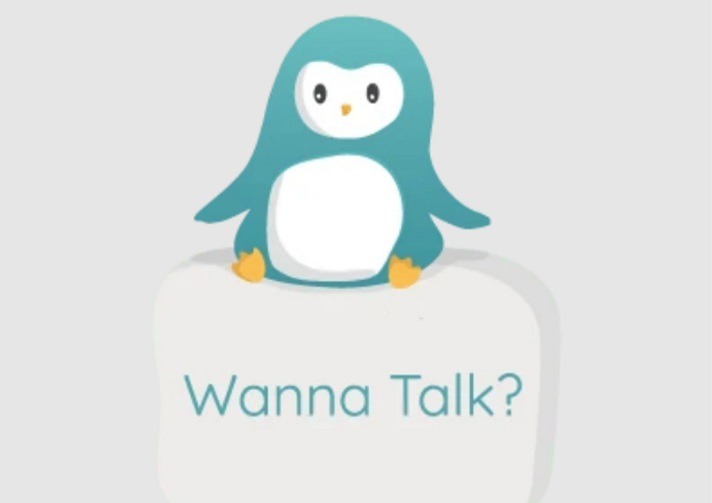Posts Tagged ‘CBT’
Trend: Large US employers deploy apps, AI chatbots, other digital tools to boost brain & mental health at work
Employers Are Offering a New Worker Benefit: Wellness Chatbots (The Wall Street Journal): More workers feeling anxious, stressed or blue have a new place to go for mental-health help: a digital app. Chatbots that hold therapist-like conversations and wellness apps that deliver depression and other diagnoses or identify people at risk of self-harm are snowballing across…
Read MoreArtificial Intelligence (AI) meets Cognitive Behavioral Therapy (CBT): Wysa raises $20M to scale up mental health chatbot
Wysa raises $20 million to expand its therapist chatbot into a wider set of mental health services (TechCrunch): Wysa, a popular mental health app originally founded in India around an AI chatbot that helps users talk through their feelings, has raised $20 million in a Series B funding round to expand its business on the…
Read MoreAI-enabled chatbot Wysa receives FDA Breakthrough Device designation for patients with chronic pain, depression and anxiety
AI Behavior Health Chatbot App Fast-Tracked by FDA (Psychology Today): Recently the U.S. Food and Drug Administration (FDA) granted breakthrough device designation to Wysa’s AI-based digital mental health conversational agent that delivers cognitive behavioral therapy (CBT) via a smartphone to adults suffering from depression, anxiety, and chronic musculoskeletal pain
Read MorePear Therapeutics raises $175M and goes public via SPAC deal raising the profile of prescription digital therapeutics
Digital health firm Pear goes public, raising $175 million (pharmaforum): Pear will make its debut on the exchange today after combining with Thimble Point – a special purpose acquisition company (SPAC) – in a deal that sidestepped the conventional initial public offering (IPO) route and has propelled its valuation to around $1.6 billion … Pear specialises…
Read MoreOn physical activity, neuroplasticity, depression, screen time, neuromodulation and more
Welcome to a new edition of SharpBrains’ e‑newsletter, featuring this time eight scientific reports and industry resources plus a few fun brain teasers. #1. Study finds ultimate hack to protect teen brains from harmful screen time: Exercise (and good role-modeling): “Girls who spent less than an hour on screens and boys who spent less than…
Read MoreGrowing research points to expanding adoption of online cognitive behavioral therapies, both guided and unguided
We are seeing a number of fascinating meta-analyses comparing the value of A) face-to-face vs. Internet-based cognitive behavioral therapies and B) guided vs unguided internet-based cognitive behavioral therapy, especially in the case of depression. Here you have a couple great examples, suggesting a growing adoption in the near future of web-based, and increasingly personalized, interventions.
Read More





